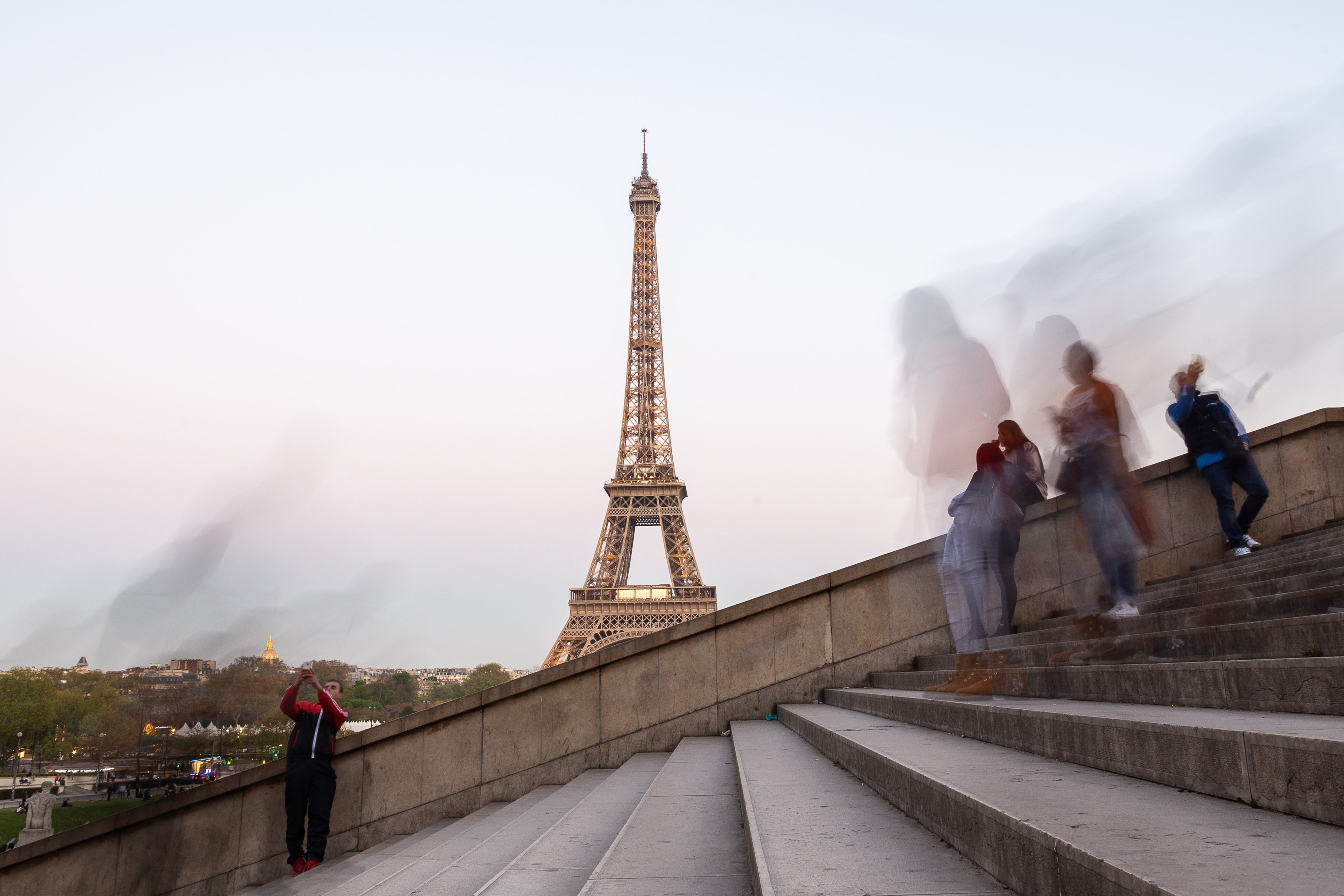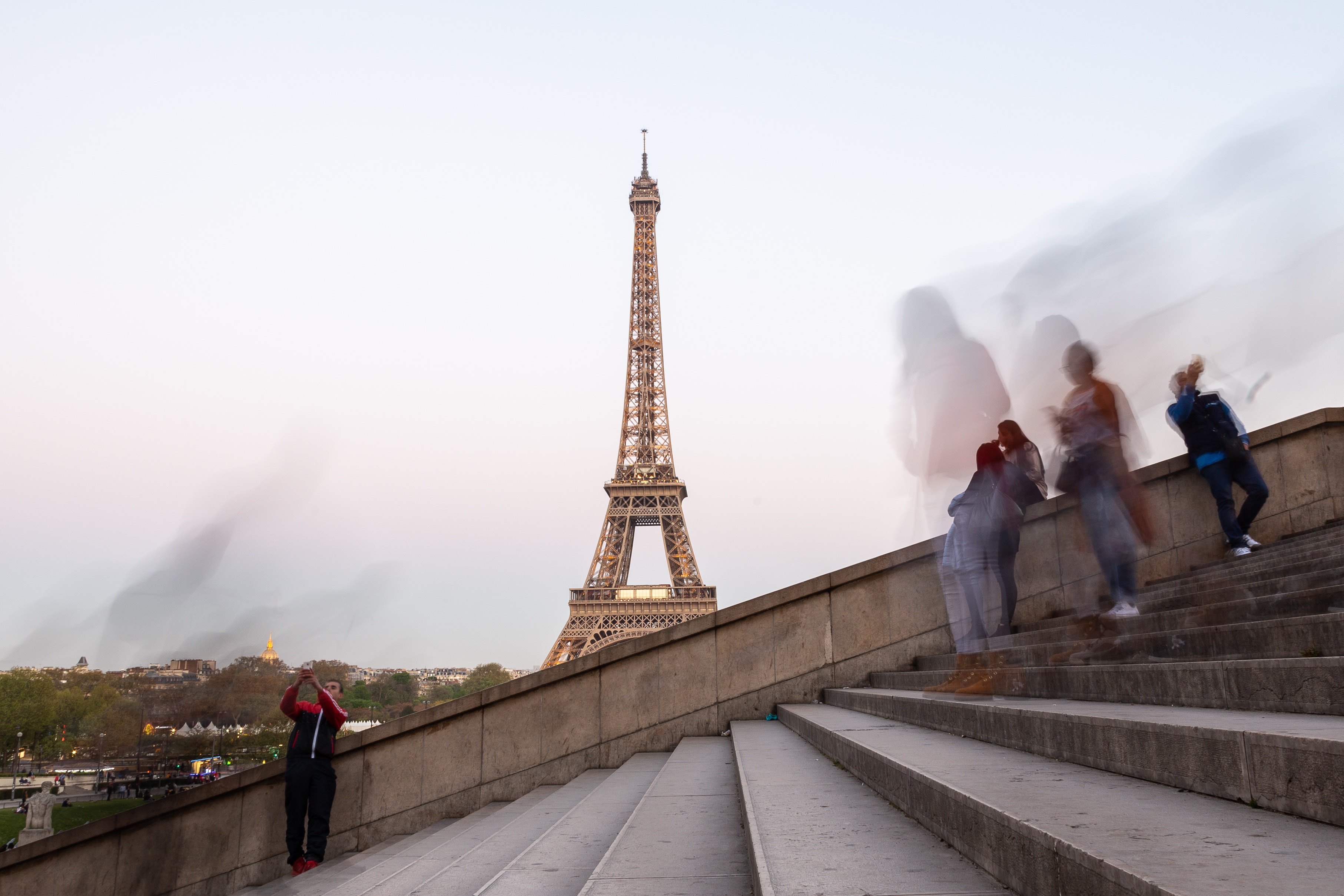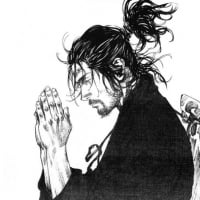The French capital is a city steeped in history, home to many top destinations. Yet, some visitors are unable to fully enjoy their trip there.
Despite the diversity of cultural destinations, stunning architecture, and dozens of Michelin-starred restaurants, some people experience "Paris syndrome"—a psychological condition characterized by nausea, hallucinations, and an increased heart rate when visiting the French capital.
Definition of Paris Syndrome
This is a very rare psychological syndrome and is not listed in the Diagnostic and Statistical Manual of Mental Disorders (DSM). However, Paris Syndrome is still recognized by many experts as a real phenomenon. Paris Syndrome is a form of extreme culture shock.
Culture shock is a term used to describe the anxiety and emotions such as surprise, disorientation, and confusion that a person feels when exposed to a completely different culture or social environment.
According toThe AtlanticCulture shock symptoms are similar to anxiety and psychosis. When someone feels anxious, signals are sent to the stomach. These signals alter how the stomach and intestines process and digest food, causing nausea.
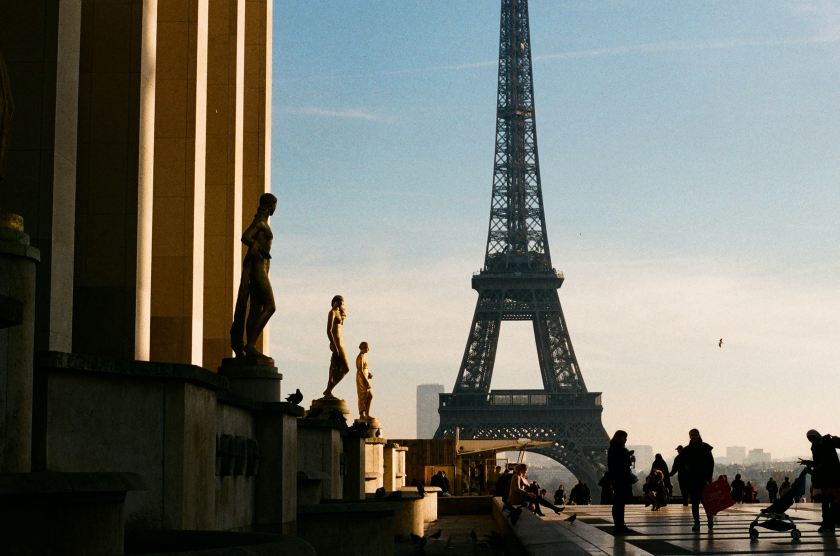
"In cases of particularly severe anxiety—such as culture shock—the feeling of nausea can lead to vomiting and trigger a range of other physical reactions such as acute paranoia, hallucinations, dizziness, sweating, and feelings of persecution."
Most cases of culture shock involve foreigners or international students living in a new country for a few months. Meanwhile, Paris Syndrome occurs in tourists on short vacations.
Mathieu Deflem, a professor of sociology at the University of South Carolina (USA), says that tourists have a somewhat romanticized view of the City of Lights. This is mainly due to how Paris is portrayed in films such as Amélie (2001), Before Sunset (2004), and Emily in Paris (2020), or books like A Night at the Majestic (2006) and A Moveable Feast (1964).
The works focus on art, coffee culture, quaint restaurants, and witty conversations. He argues that this expectation is unrealistic. In a 2020 study by CEOWORLD magazine, 36% of respondents rated Paris as the rudest city in Europe, double that of London (ranked second). In addition, the city faces a host of problems such as rats, garbage, graffiti, pickpocketing, and unpleasant odors.
Japanese people are most susceptible to this syndrome.
According to Deflem, Paris Syndrome is most common among Japanese tourists. He explains that Japan has a very orderly and polite culture, while Parisians sometimes look down on even French people who don't live in the city. Cultural differences, unmet romantic expectations, exhaustion, and language barriers explain why Japanese tourists are at a higher risk of developing Paris Syndrome.
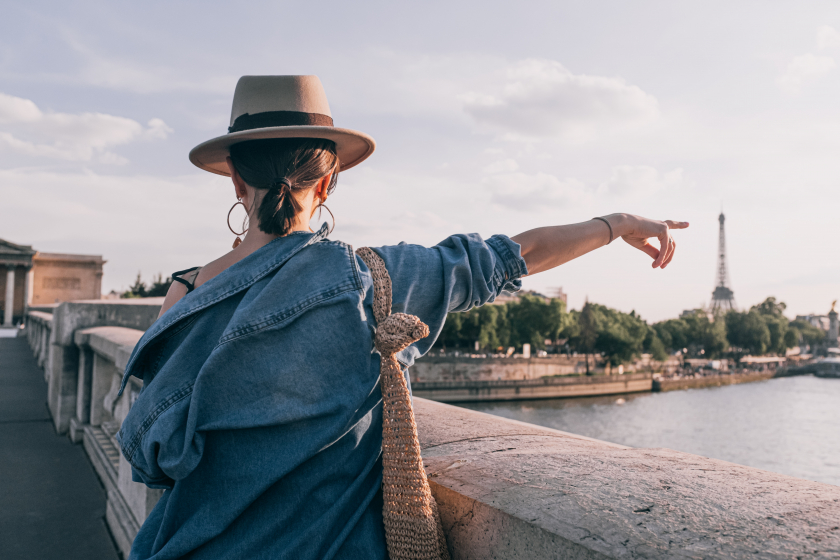
In 2006,NBC NewsReports indicate that around 10 tourists were in serious condition requiring medical attention. That year, the Japanese embassy in Paris repatriated at least four tourists. Two of them were women who claimed their hotel rooms were being bugged. The Japanese embassy also operates a 24/7 hotline to assist foreigners experiencing this syndrome.
Paris Syndrome can occur anywhere.
Do tourists visiting other famous, historically significant cities like Vienna (Austria), New York (USA), or Beijing (China) experience similar feelings or symptoms to Paris Syndrome?
Dr. Rodanthi Tzanelli (University of Leeds, UK) argues that Paris Syndrome is not unique to the French capital. She considers it "a complex psychological phenomenon involving disappointment, even despair, when reality doesn't match tourists' expectations."
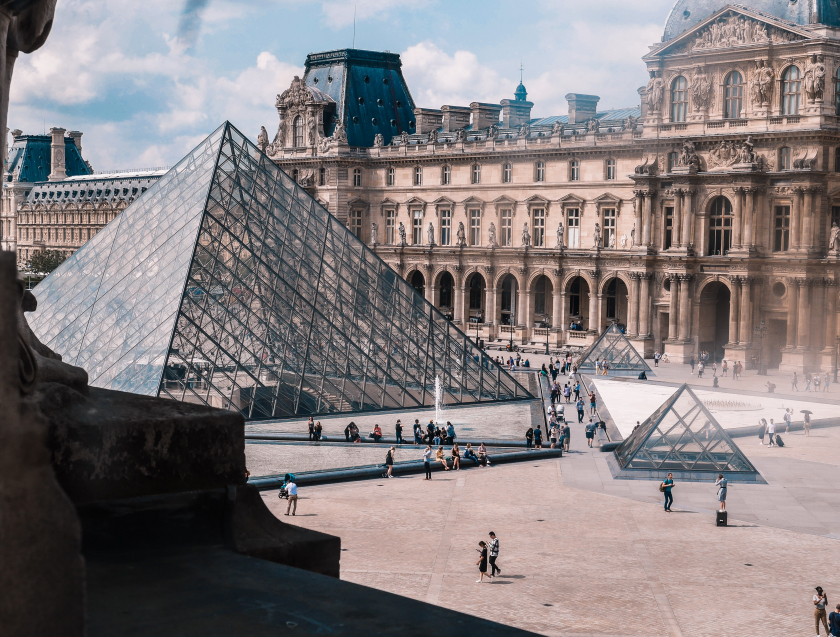
Young people tend to travel the world more, well-prepared for what they will experience at a new destination. However, Tzanelli wants to point out that no one is immune to culture shock, regardless of age or the number of countries they have visited.
"Humans are creatures of habit. We are drawn into a particular way of life, adopting behaviors and habits from our surroundings and becoming part of a culture and social group. When suddenly removed from their belief system and daily routines, people have no way of defining and identifying who they are, when to apologize, or when not to ask questions," Tzanelli analyzed.

 VI
VI EN
EN



